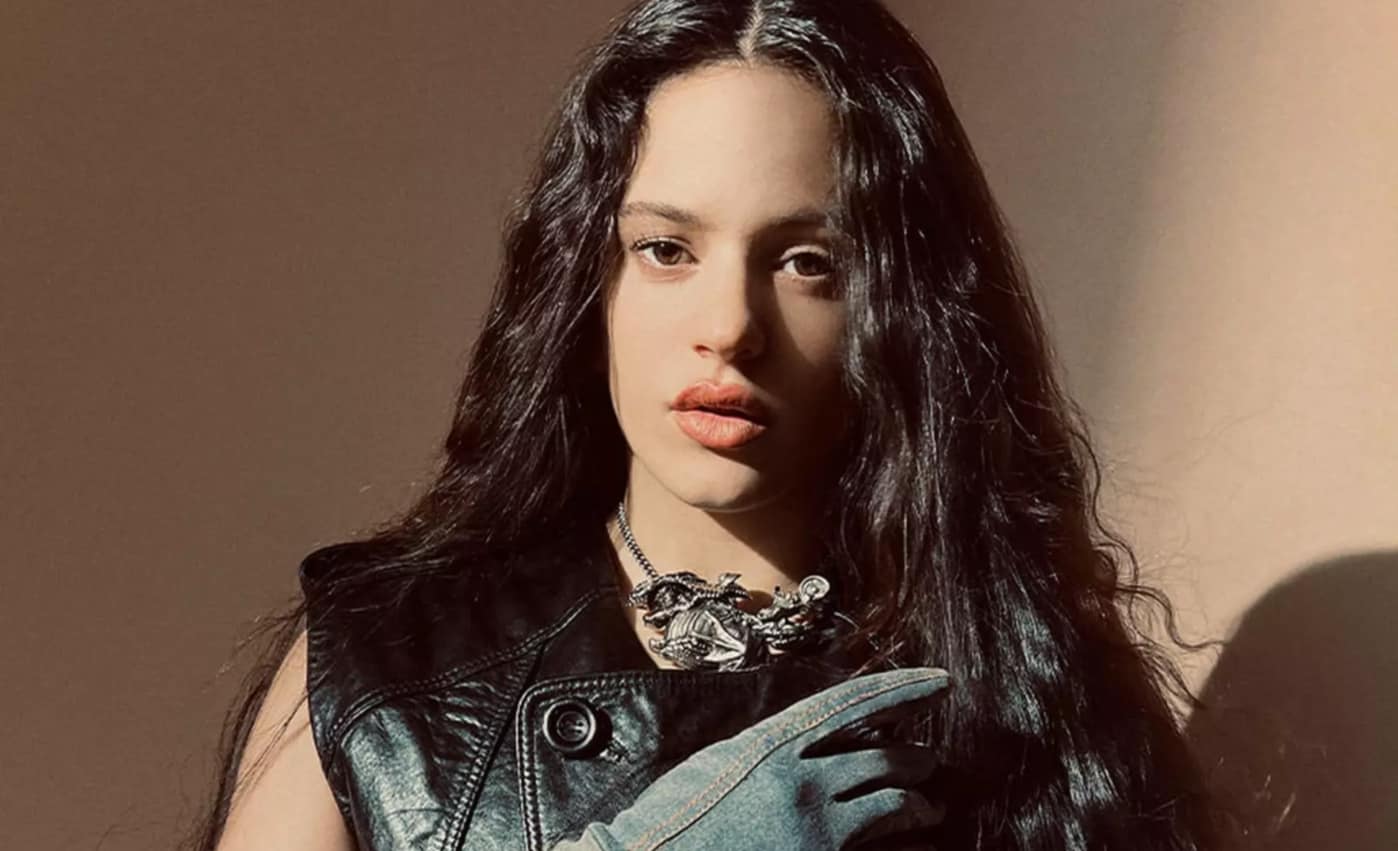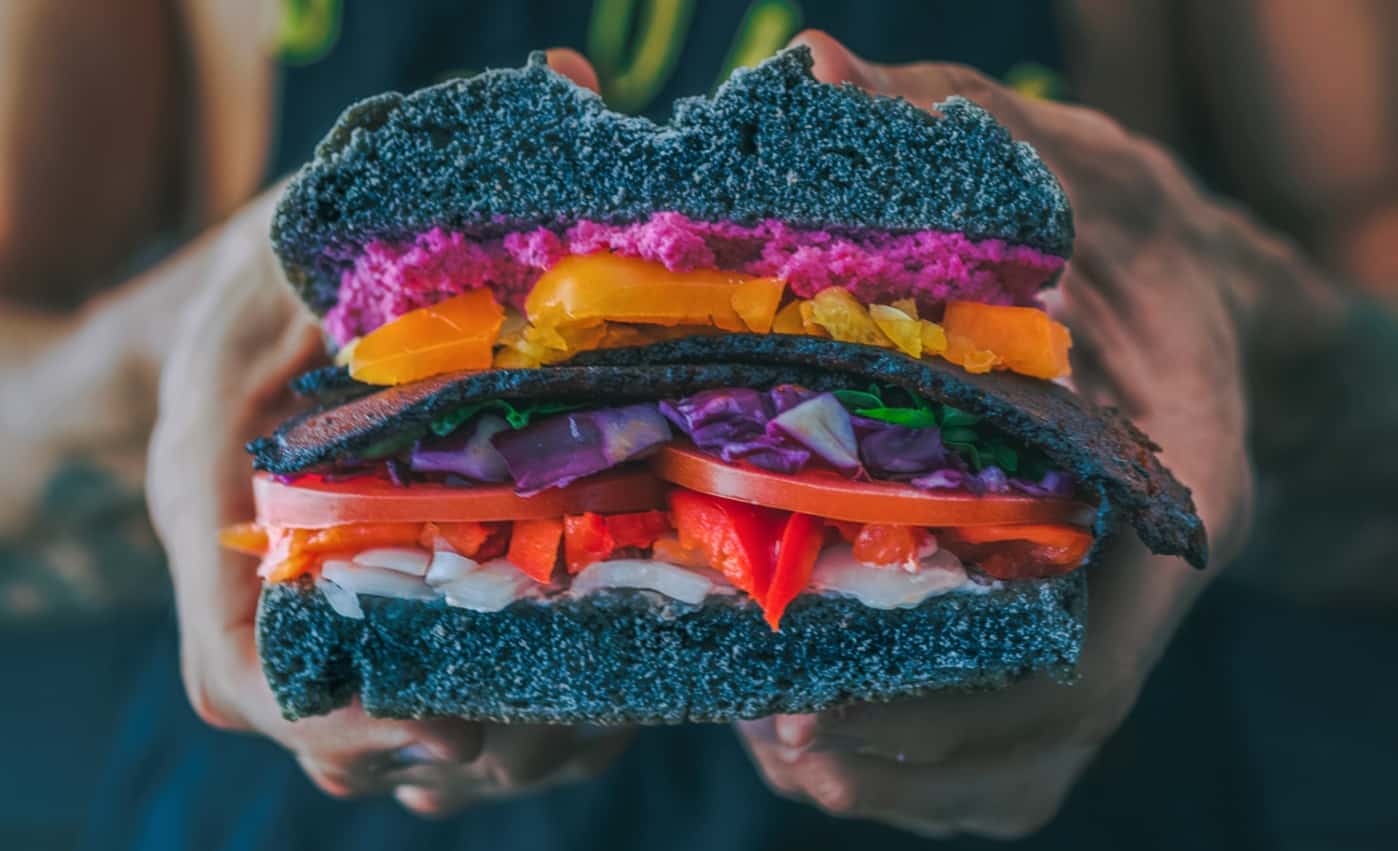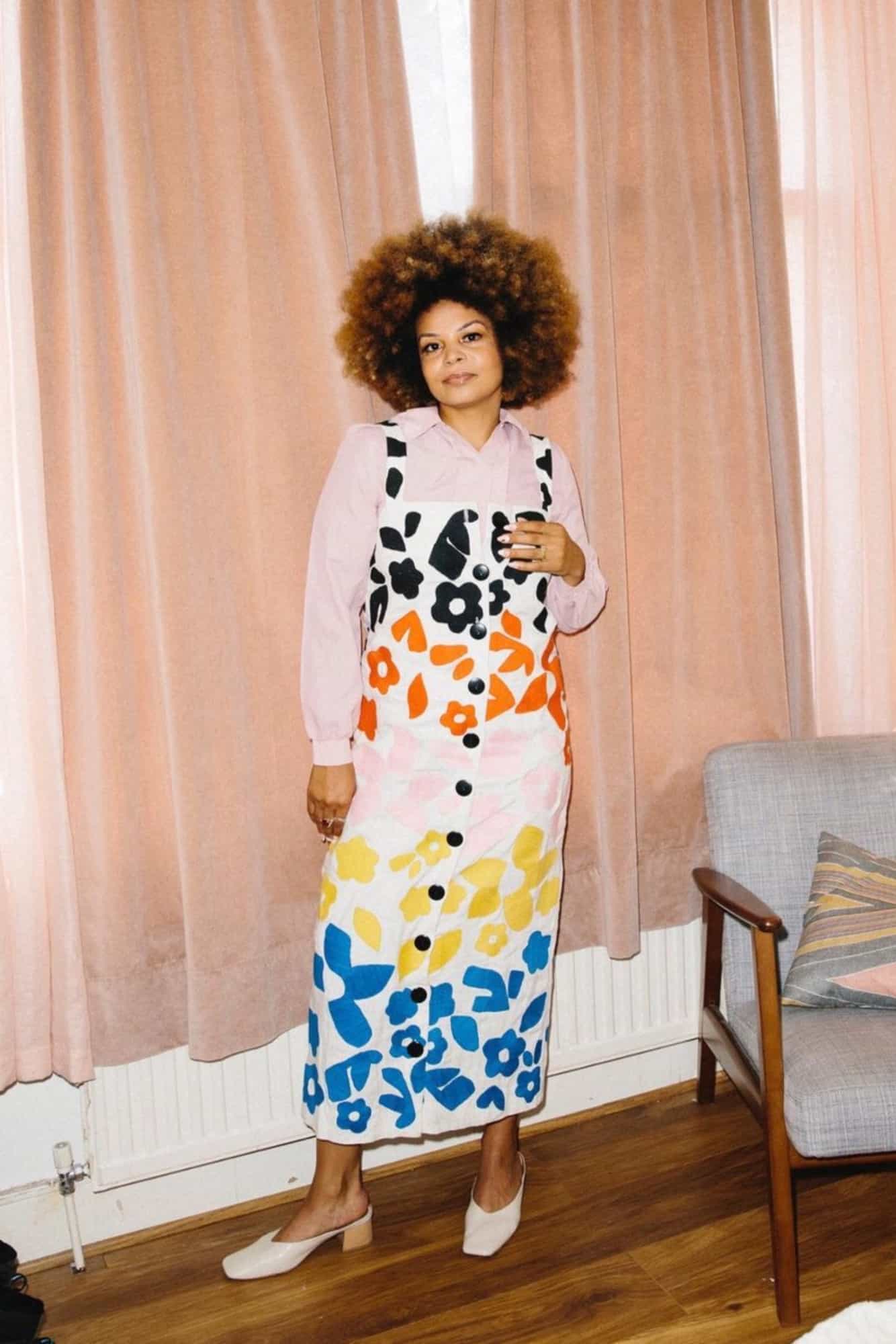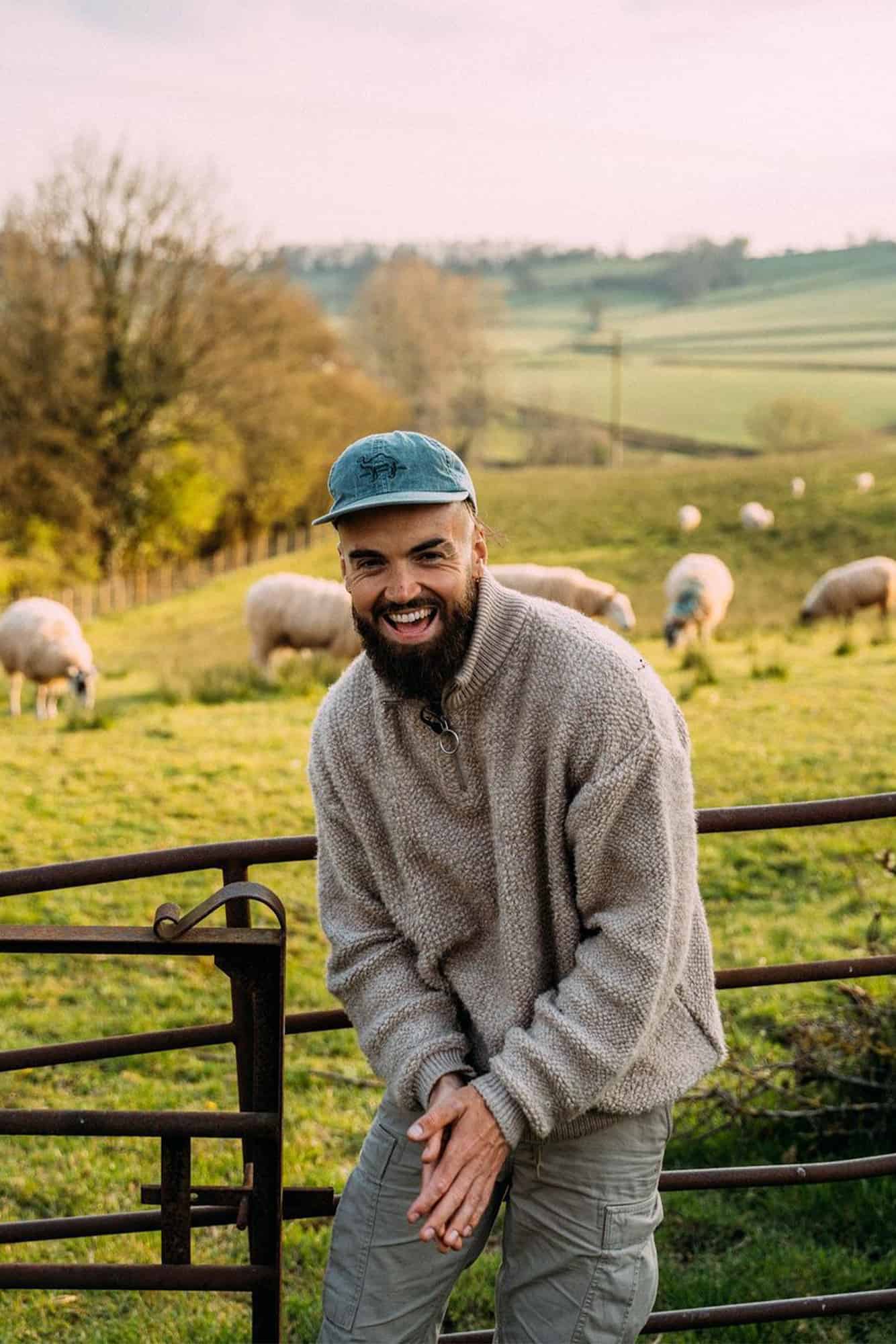Fashion and lifestyle creator Demi Colleen’s goal is to “inspire people to live a more [sustainable-ish] life”. Speaking to CORQ, she describes her content as “sustainability but with added joy”.
Colleen hasn’t always prioritised ethical fashion, as her content has undergone a tremendous shift throughout the past six years. Although she started a blog in 2018 to review vegan and cruelty-free beauty products, she later covered topics that impacted the vegan community, such as its lack of diversity.
In 2020, she saw an uptick in her following and reached 10,000 followers on Instagram when “people were sharing Black creators to diversify their following”. The same year, she began making sustainability her priority after following more activists and learning about fast fashion.
Key takeaways
- Fashion and lifestyle creator Demi Colleen started making content about vegan and cruelty-free beauty in 2018 while working as a veterinary nurse. In 2020, she began making sustainability and slow fashion her priority.
- In late 2023, she launched an Instagram called Sustyish (more than 2,000 followers) to highlight sustainable brands and creators.
- She has worked with brands such as Tangle Teezer, Love Not Landfill and DAME but rarely works with fashion labels because she says small brands don’t have the budget.
- When collaborating with companies, she looks into their ethics and practices, and asks for sustainability reports.
Known for her dopamine dressing style, Colleen’s rainbow-hued Instagram (more than 24,000 followers) covers everything from her recent Vinted finds to her late ADHD diagnosis. On the platform, #DemisDopamineDressing has been tagged in more than 800 posts.
“Dopamine dressing is not just about the colour for me, it’s also about not participating in fast fashion,” she said.
On Instagram, Colleen says her educational content – including resources about vegan fragrances, eco-friendly underwear brands and sustainable Christmas gifts – performs well.
Colleen has a knack for finding affordable preloved items and her Reel series showcasing her latest thrifted finds has been successful and had good engagement. In February 2023, she relaunched her eponymous website and one of the most popular articles is her advice for shopping on Vinted.
Colleen doesn’t aim to be perfect, which is why she uses the phrase “sustyish”. As she put it: “I want [people] to find sustainability approachable, something that they can easily slot into their lives and find fun in.”
In addition to her personal page, Colleen started a new Instagram called Sustyish in late 2023, which has more than 2,000 followers. She plans to use the platform to create guides, highlight brands, and interview sustainable creators.
“I want it to exist outside of me. I don’t want people to always think about me as Sustyish. I want the term to be able to stand up and have legs on its own,” she said.
You may also like
How Colleen works with brands
Although Colleen regularly creates fashion content, she rarely works with clothing labels because “the smaller brands won’t have the budget to work on a paid basis and the brands that do have the budget are not ethical”. Still, she collaborates with a range of companies, including Tangle Teezer and DAME. Colleen’s work for the latter, showing a visible tampon string, was featured on London buses in 2020.
One of her favourite recent partnerships was with Love Not Landfill in June 2023. She said: “This embodied everything that I’m trying to achieve with my personal brand, message and intention on consumption and joyful dressing.” As part of the campaign, Colleen created an edit of second-hand clothing from the charity shop FARA, which was available to shop at a pop-up in London.
When choosing companies to collaborate with, Colleen explained the decision comes down to a corporation’s ethics and practices. She asks brands to provide sustainability reports upfront, and doesn’t want to promote waste or overconsumption.
“I don’t need to do a lot of campaigns, I just pick the ones that I really want to do,” she said.
If brands are willing to be open about their failures or what they’re “working out” in terms of sustainability, this can be beneficial for ads. For example, she collaborated with Absolut Vodka in 2023 to promote its new paper bottle. Colleen said the product “wasn’t perfect” but was still an “incredible” step, which she also mentioned in the ad’s caption. By acknowledging this, she was able to have a discussion with her followers about the packaging without them feeling lied to.
Colleen has used her socials to criticise brands in the past, but mainly when she “didn’t have anything to lose” because she was working as a veterinary nurse instead of as a full-time creator.
Many influencers are afraid to call out brands in fear of not receiving PR packages or being invited on press trips. In contrast, Colleen said: “If I want to buy something, I’ll buy something. If I want to go somewhere, I’ll go somewhere. I don’t need to be handed [those things], especially if it’s at the expense of honesty or compromising my morals.”
Being vocal can have a positive effect. “If the brand is receptive, it can lead to an even better and stronger relationship,” she explained, which has been the case with Lucy & Yak. A few years ago, she criticised the company for its lack of size inclusivity. Colleen told CORQ Lucy & Yak has since improved its sizing and apologised. She now has a good relationship with the brand and was part of its January 2024 campaign.
A more sustainable future and plans for 2024
Although it’s “a massive long shot”, Colleen wants to see the fast fashion industry have more regulations and its companies disclose information about textile waste and working conditions. She also described the way some of these brands work with creators as “exploitative”, due to the expectations put on influencers in exchange for free clothes.
For creators who want to be more sustainable and inspire change, Colleen suggested they should ask for companies’ ethical reports and enquire about who else is included in the campaign from a diversity perspective. Speaking about the latter, she noted “that’s gone out the window, especially since 2020” and referenced all-white press trips.
However, there’s also a responsibility on these creators’ audiences, who “have so much power, even just with the click of a finger”.
“Every single person has a responsibility – creators, consumers, audiences and brands. My question is who has the most responsibility? And that’s what I’m trying to figure out.”
Looking at the year ahead, she wants to get Sustyish off the ground and hinted at creating content for new platforms, with writing her main focus.
Her primary goal is to get the topic of sustainability into mainstream media – specifically TV – and push this “into every corner, in everyone’s faces”.
By Caroline Edwards, CORQ news and features writer. Picture credit: Demi Colleen










